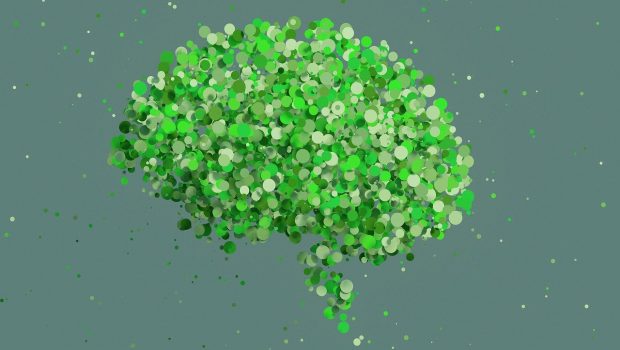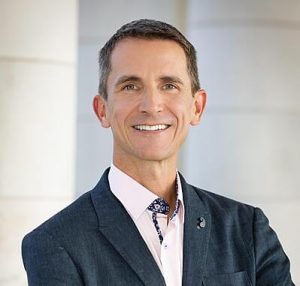Progressing Sustainability in Ad Tech: Interview with Curt Larson, Sharethrough
by Mathew Broughton on 20th Jun 2023 in News

In association with Sharethrough.
In this exclusive interview recorded at ATS London 2023, Curt Larson, chief product officer at Sharethrough, details the work currently being undertaken by the ad tech industry to lower carbon emissions.
How can exchanges like Sharethrough have an impact on the ad industry’s carbon emissions?
The way we're thinking of it, and this works for other exchanges as well, is towards commitments, education, and action. Every exchange can make steps in each of those directions.
What is Sharethrough doing to progress sustainability across the digital ad industry?
We use those three organising principles of commitments, education, and action. In terms of commitments, we've committed to be completely Net Zero on Scope 1, 2, and 3, emissions as a company by 2030. We're working with 51 to Carbon Zero to track that. In terms of education, we held the first Green Media Summit in April in New York, and we're actually looking to have an event in the UK later this year. We've also launched the carbon estimator on our website, where you can input data about your campaign and get an estimate of the carbon output. You can also use this for scenario planning to understand how you might be able to lower the carbon emissions.

The last, and probably most important thing, is action. What are we actually doing to lower emissions? For us, there are things we can do internally as a company, but the biggest thing is the media that's running through our exchange. It's about taking a proactive SPO-type approach to curating high-carbon supply out of our exchange. For example, we recently started working with Scope 3's Climate Shield product to remove the worst emitting sites from our exchange. We found that removing just 10% of these sites takes away 30% of the carbon. We also allow buyers to offset the emissions that remain by purchasing renewable energy credits. We're hoping to work with buyers to increase adoption on both of those fronts, but that's what we've been able to do unilaterally so far.
You are in the process of publishing a digital advertising sustainability research report, in which you surveyed brands, agencies, and ad tech companies about how they are working to reduce energy usage and carbon emissions related to their digital advertising program. Can you share some of the key insights that will come out of that report?
That was focused here in the UK, and there's going to be a lot of great insights in that report. A couple of things stood out to me. One was that 16% of buyers reported that they were measuring their carbon emissions today, while 62% said they plan to measure them by 2025. So, there's obviously a tremendously increased interest in doing this.
The biggest challenge that they cited was lack of standards. When we're talking about lack of standards, we're mostly talking about lack of measurement standards, the lack of the ability to definitively do apples-to-apples comparison of how many grams of carbon a given impression generates. That's something we need to work on, but I would encourage people to not use that as an excuse. We can measure emissions, we just don't have a universal standard, but you can start measuring and start reducing now.
You help lead the IAB Tech Lab's Sustainability Working Group. Can you share what you're working on and how it will benefit the ad industry?
We actually produced and launched our first output last week, when we launched a set of best practices at the IAB Tech Lab Summit in New York, which are a set of best practices for both buyers and sellers. It's a specific list of 10-12 things for each side of the ecosystem to do, certain tech standards that they should support, and certain business practices they can take.
We tried to focus on things that we think are implementable today. They're not all perfect and done, but they're all things that we believe both buyers and sellers could do today. Now we're working on moving on towards the next steps for that. One thing might be helping to standardise measurement, for example, because we are clearly hearing that that's a challenge. We're working now to decide on what our next steps are.








Follow ExchangeWire